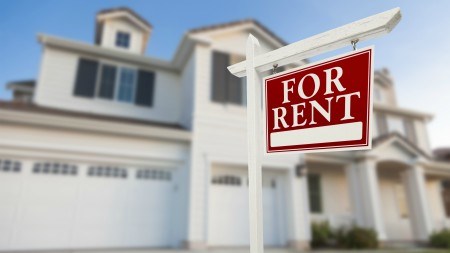House sharing is a term most of us reserve for students and young working professionals who are starting out in life. However, with the rising cost of living and ever escalating property prices, the term is beginning to be used to describe the lifestyles of those further along in life as well.
See more: How to choose the right housemates
“The reality is that most parents will live with their adult children for much longer than they anticipated. According to Old Mutual’s Savings & Investment Monitor for July 2018, approximately one in two 18-34 year-olds live at home with parents. This isn’t necessarily a bad thing. Whether it is your own children or simply a tenant, having another adult in the home who can contribute to household expenses (such as rent, electricity, rates, etc.) can make the burden of paying off a home loan a little lighter to carry,” explains Regional Director and CEO of RE/MAX of Southern Africa, Adrian Goslett.
The trouble arises when trying to navigate through the various complexities of having to share a property with another autonomous individual who is paying rent, and therefore expects to have somewhat of a say in how things run.
“The dynamic will be different depending on whether it is your own adult child or a tenant, but the principal remains the same. Whoever has their name on the title deed will always hold majority control in how things are run. However, this does not necessarily mean there won’t be conflict when it comes to deciding what is and is not allowed within the home – especially when renting to your children,” says Goslett.
Read more: Information on lease agreements
In order to avoid conflicts, Goslett suggests that distinctions ought to be drawn up regarding which rooms are considered common shared spaces and which are personal spaces. “In common shared spaces, such as the living room and the kitchen, the landlord or parent can create a set of guidelines for behaviour within these spaces. Similar to how a Body Corporate or HOA might do for conduct within the sectional title, the tenant or adult child then needs to agree to live by these guidelines or choose to live elsewhere. However, whatever is classified as personal space, such as a bedroom or an en suite bathroom, should be treated in the same way as a landlord would treat a separate home that they are renting out,” Goslett explains.
The key to a successful house sharing setup is mutual respect and consideration for each other. Though it might seem like an excessive step to take, particularly if you’re renting to your children, it might be worth involving a rental expert to help you set up a tenant agreement for your house sharing arrangement, just to make sure everybody is on the same page regarding what is expected of them
Goslett concludes.





